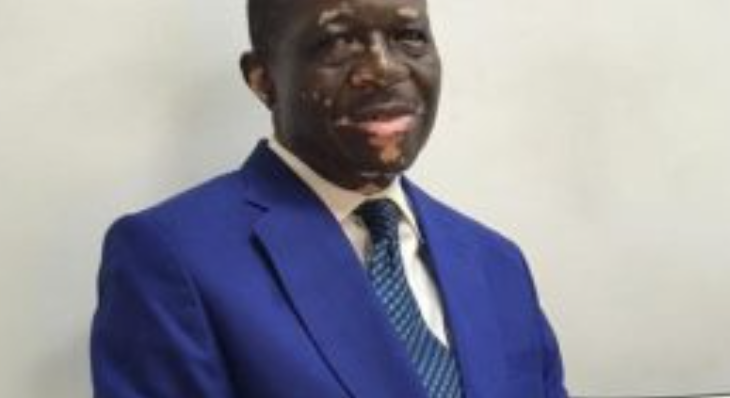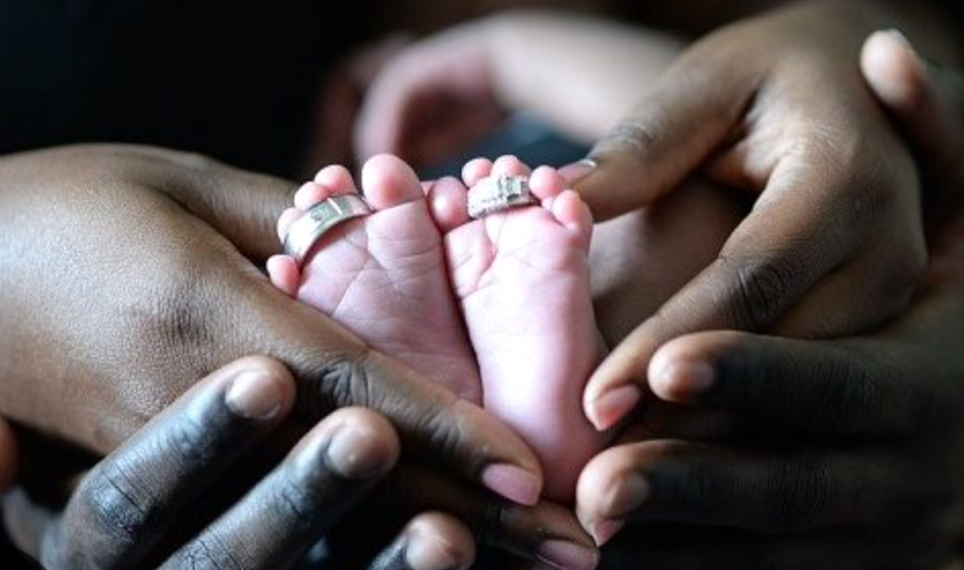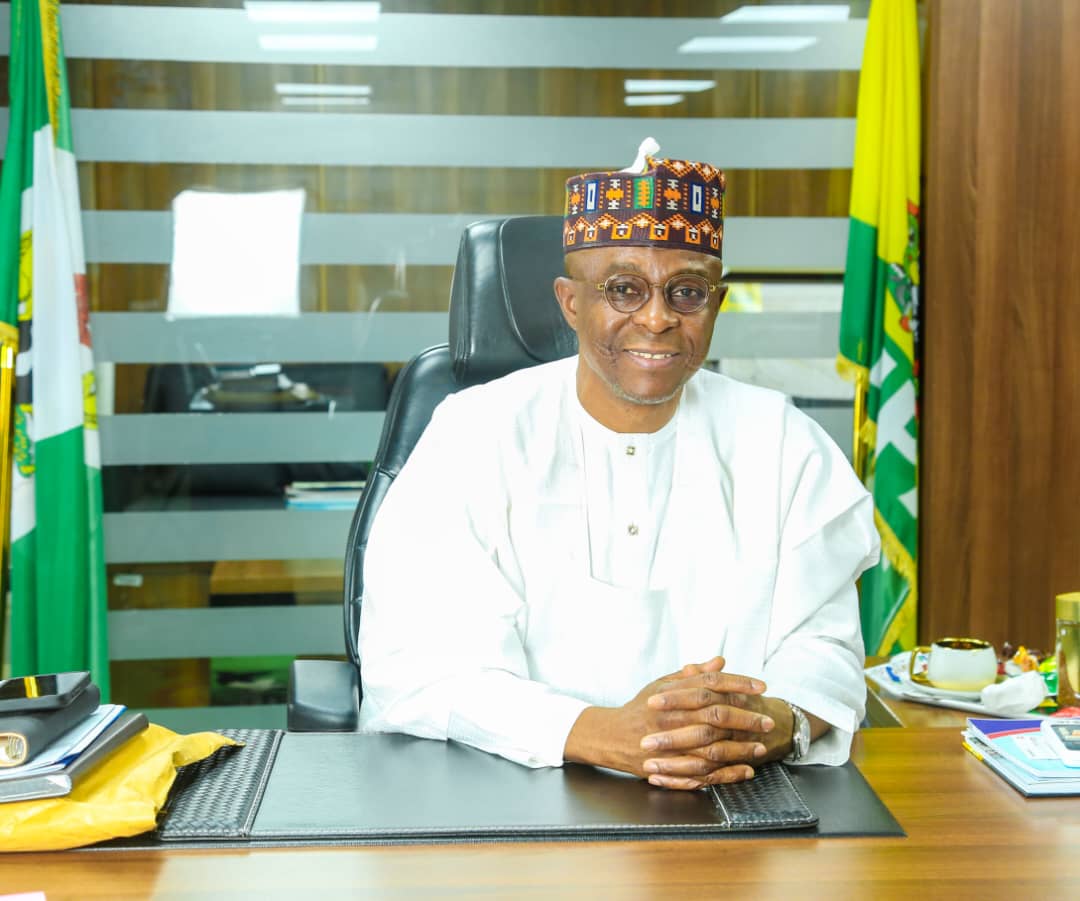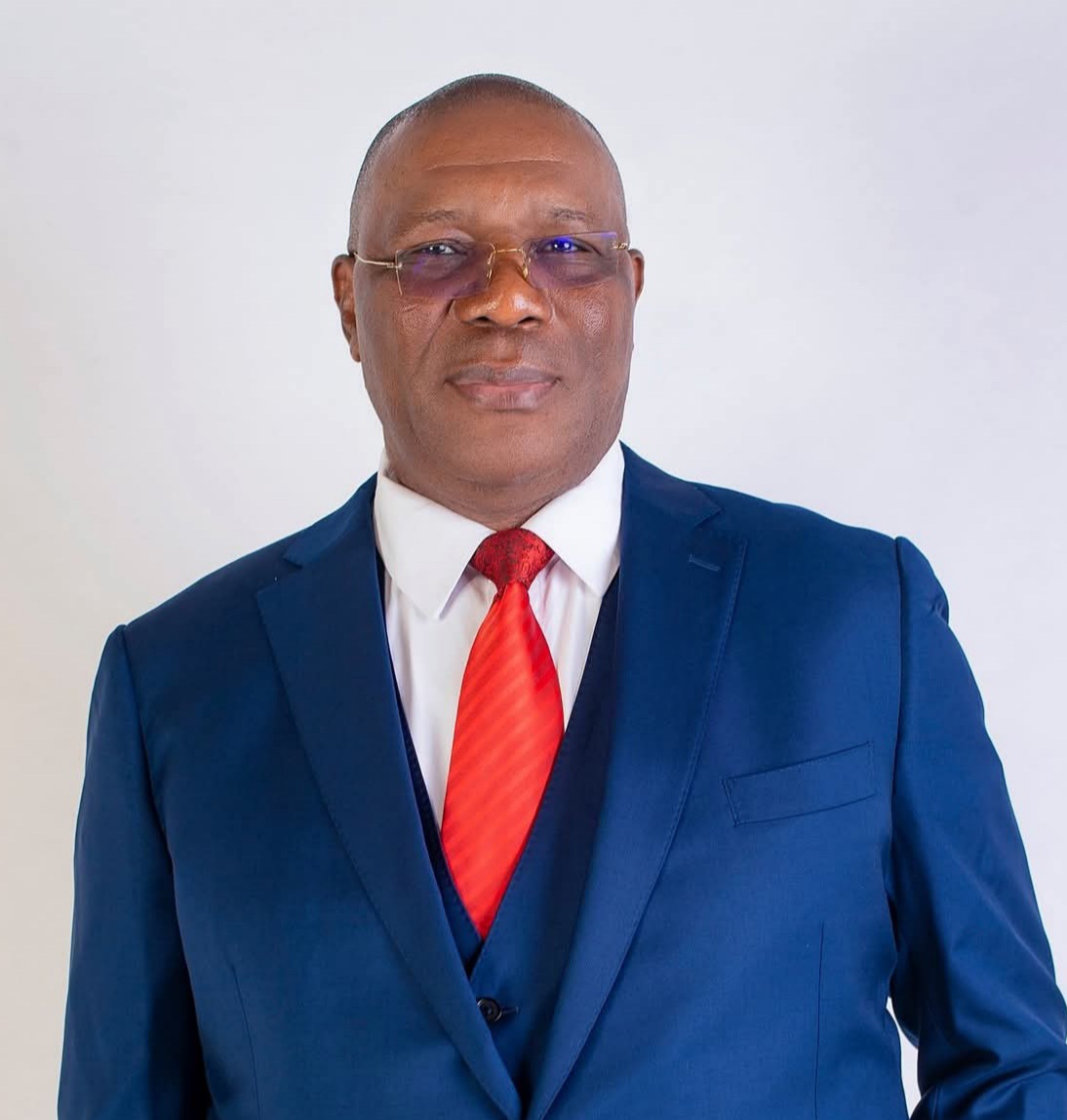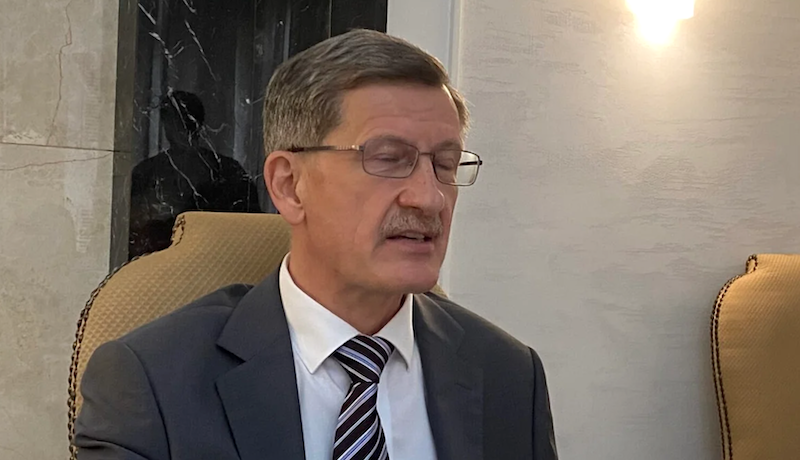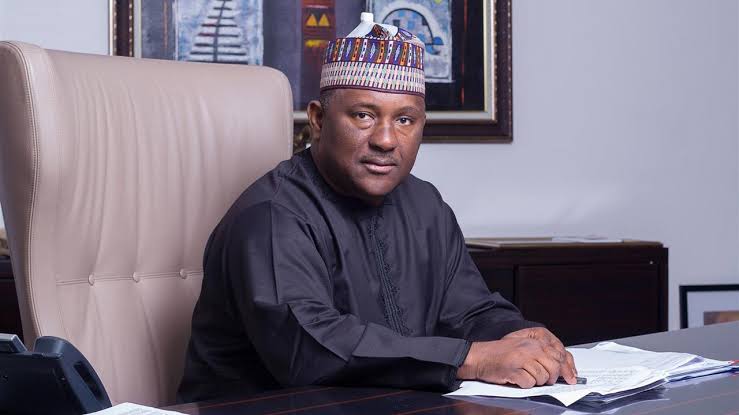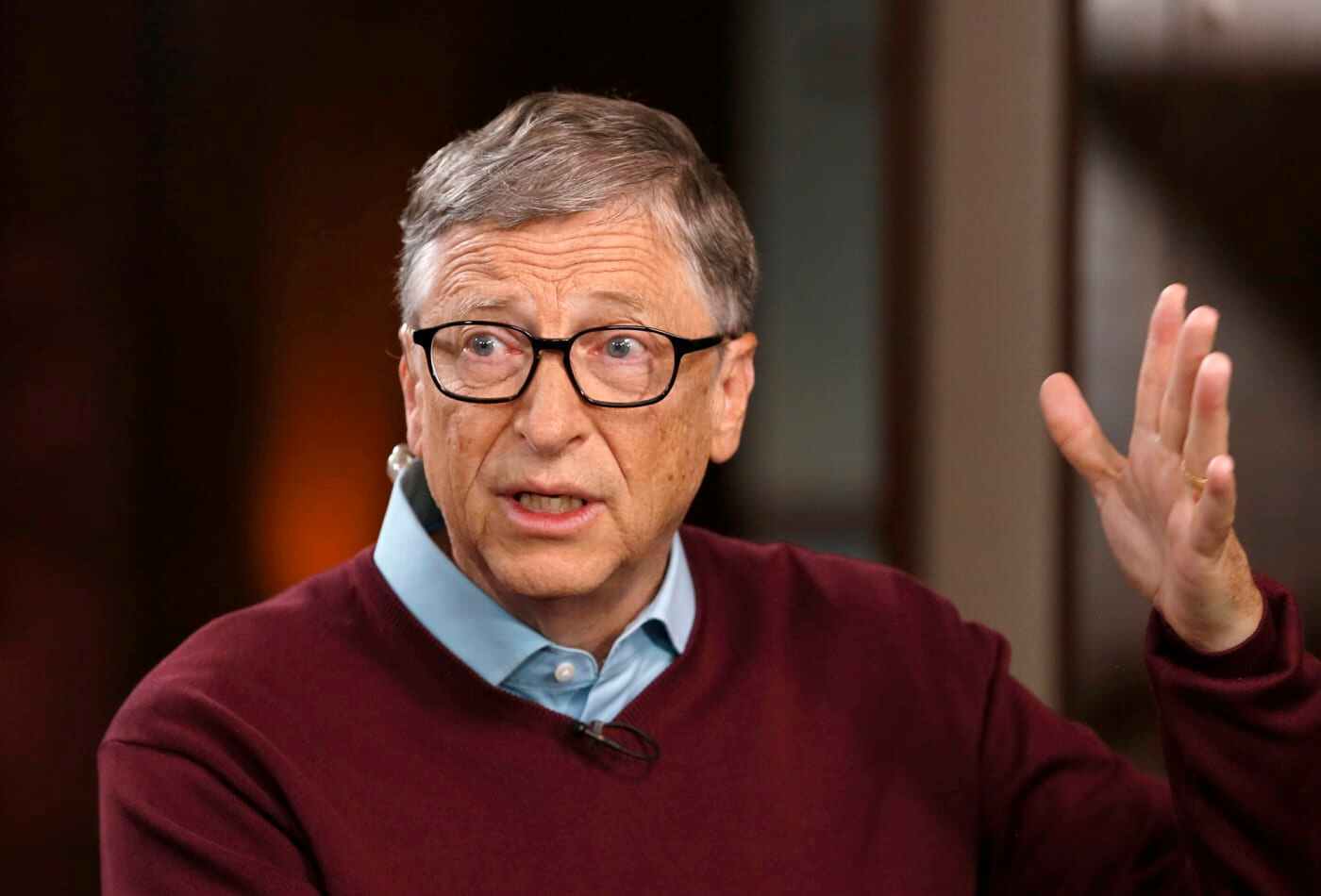Yes, it is good news that we have survived; with this Fourth Republic for 26 years – counting from 1999, when General Olusegun Obasanjo, a one-time Military Head of State, took over from General Abdusalam Abubakar; the last of the Nigerian Military Junta, at a very elegant handing-over ceremony, after a democratically contested election.
But by the unfolding events of this Administration, there seem to be hiccups in the country and the body of the Polity. Things, as they look, are no more at ease; with much respect to the memory of Chinua Achebe; our late literary Icon.
It must be purely for this reason that I am walking memory-lane journey back, somewhere to the First Republic, to see if there could be any historical perspective of that era that can help us, in our present precarious undertaking.
And what I am trying to achieve, by this walk back along memory lane, is to identify some errors of the past, that might be useful in correcting some mistakes of today, through sounding a very strong warning to today’s leadership of the Fourth Republic.
This warning – I advise, should be appropriately taken very seriously by today’s Nigerian leaders, because of what one of our own former leaders – another highly reverend Nigerian man of knowledge, called the Cicero – James Ajibola Idowu Ige [September 13, 1930 – December 23, 2001] said.
“History has shown that people don’t learn from history hence history has a way of repeating itself”, was how the erudite lawyer – a legal luminary with the unique advantage of speaking in English while writing in Latin, puts it.
He – a Senior Advocate of Nigeria and Nigeria’s Attorney General and Minister of Justice, most unfortunately, did not learn from history at all, or enough, hence brutal history met with him in Ibadan, on the evening of December 23, 2001, when he was assassinated in his house, at Bodija, in Ibadan.
Again, I am begging present Nigerian leaders to listen to the music that echoed during the First Republic, compare same to the tune of the music that echoed in the Second Republic diligently, and do a clean comparative analysis of those tunes and the one musical lyric that is booming loudly in the country today.
“A stich in a time saves nine”, the elders have always said.
The Nigerian First Parliamentarian General Election of December 30, 1964, left our country politically divided. The meaning of real political enmity came down from Hell – because it could not have arrived from Heaven, and all Nigerians, matured enough then, saw it. What most of those that were decoding the mathematical equation of that time, however thought, it was just a phase that would soon vanish with time.
Alas, it refused to vanish away. And one of the many reason that made that “political disorder” not to vanish, was the fact that those who won the election of that year started thinking of themselves as Warriors, Victors and Conquers. That was in one hand.
And on the other hand, those who lost in the election became sad, and even sadder, on daily basis because those who won started calling those who lost “bad losers”.
The losers were really tormented – physically, spiritually, mentally and emotionally, by the winners.
Even, in-between these two Groups of winners and losers; as they named themselves, anger, dichotomy, bitterness, and all vices geometrically grew, without any attempt of reconciliation from any quarter.
The dichotomy raised its ugly head more between the North and the South, with the East finding some silvered lining along the coast of safety. Of course, since a House divided against itself cannot stand – as the saying goes, the political enmity between Obafemi Awolowo and Samuel Ladoke Akintola – inside One House that the Western Region could have been, did not see solution appearing from any angle.
The atmosphere degenerated into “Operation weti e” in the Western Region. Houses of suspected political enemies were burnt down willingly. People were sent to jail through the instrumentality of jaundiced judiciary.
The losers of the election – 1964, were not at ease, while the winners were enjoying the dividends of triumph.
That was the situation until the 15th Commonwealth Heads of Government Meeting [CHOGM], held in Lagos, Nigeria, in January 1966. Our own esteemed Prime Minister of that era – the Golden Voice of Africa; as he was called, Sir Abubakar Tafawa Balewa, hosted that conference while fire was practically burning on the roof of his house.
Sir Tafawa Balewa, having done a good job of hosting the Conference, enthusiastically saw his Special Guests off, one after the other, until the last of them left on January 14, 1966. It was while the last Guest of the Prime Minister was leaving Nigeria that a particularly and memorable discussion took place between the Prime Minister and a Nigerian journalist, with the Tribune Newspaper, at the Ikeja International Airport.
Sir, “how comfortable are you hosting the Commonwealth Conference while fire is burning in Western Nigeria?”, the Journalist asked the Prime Minister.
Listen to the humorous answer the Prime Minister gave to the journalist.
“Where are we standing now?”, he asked the journalist. And the journalist answered him respectfully, by saying “we are in Ikeja Sir”. The Prime Minister thanked him before firing his second question: “is Ikeja not part of the Western Region you mentioned?”, and without waiting for the journalist’s answer, the big man concluded by saying, “where is the fire you are talking about – can you show me the fire, please?”
Again, that was January 14, 1966. And just 48 hours into that discussion, that joke of looking for the fire had become one big history, well written for posterity – albeit end of Nigerian First Republic.
Let us look at another scene that occurred again – with similarity to those events that happened in 1966. Except that this event happened around October or November, of 1982.
Obafemi Awolowo, in his usual custom, was going on his annual pilgrimage to Isreal and the rest of the World, and at the airport in Ikeja, he addressed the Press. The Sage submitted, during the press briefing, that “the Ship of the Nigerian Nation would soon go aground because of the financial recklessness of Nigerian political Leaders”.
He even took time – as typically characteristic of the man, to give details of the Nigerian financial balance sheet, as they were at the time. He submitted, with timely accuracy that it would only be matter of months for the Nigerian Nation-State Ship to be grounded and wrecked.
Of course, the then Nigerian Ruling Political Party – the National Party of Nigeria [NPN] did not welcome Chief Obafemi Awolowo’s critical evaluation of things in Nigeria, with accolades. But what the old Sage said, around October or November of that year – 1983, found a sad fulfilment on the last day of the month of December 1983, in a bloodless military uprising, that destroyed all our democratic endeavours.
Here we are again, in 2025, where there seems to be a tune of music, echoing from somewhere in the past of Nigerian history. And many people are speaking, against permutation of things in our beloved country, just as some people spoke in the past.
But is there anyone listening?
Godwin Etakibuebu; a Veteran Journalist, wrote from Lagos.
Contact:
Website: www.godwintheguru.org
You Tube Channel: Godwin The Guru
Twitter: @godwin_buebu
LinkedIn: linkedin.com/in/godwintheguru
Facebook: Godwin Etakibuebu
Facebook Page: Veteran Column
Telegram: @friendsoftheguru
WhatsApp: @friendsoftheguru
Phone: +234-906-887-0014 – short messages only.
You can also listen to this author [Godwin Etakibuebu] every Monday; 9:30 – 11am on Lagos Talk 91.3 FM live, in a weekly review of topical issues, presented by The News Guru [TNG].
